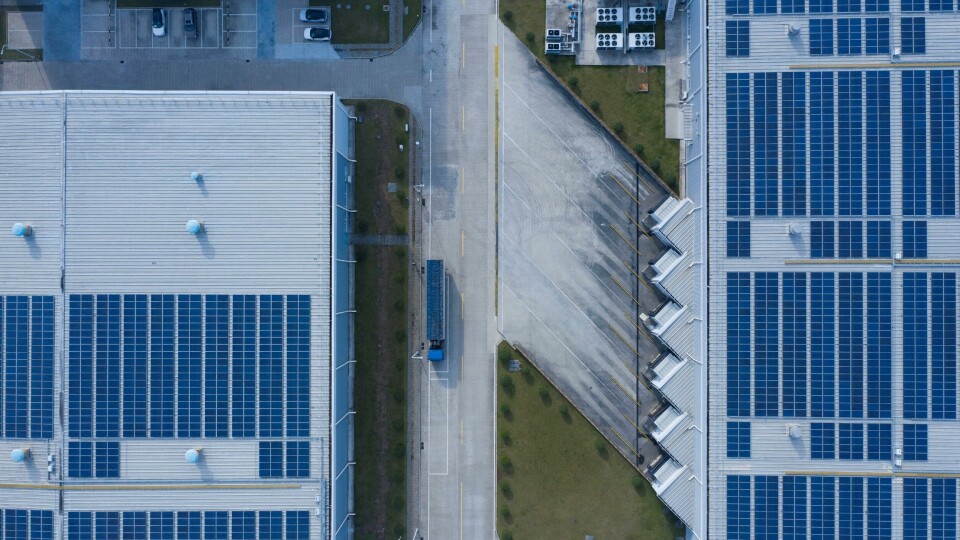Volvo’s Taizhou plant achieves climate neutrality with biogas shift
Despite the Taizhou plant’s smaller share in the company’s total emissions, this initiative is critical to Volvo’s goal of climate-neutral manufacturing by 2025 and achieving net-zero greenhouse gas emissions by 2040.
Volvo Cars’ Taizhou manufacturing plant has become climate-neutral after switching to biogas, making it the carmaker’s first plant in China to achieve this status. This transition from natural gas will result in a reduction of 7,000 tons of CO2 emissions per year.
“We’re acting fast when viable climate-neutral energy alternatives become available,” says Javier Varela, Chief Operating Officer and Deputy CEO at Volvo Cars. “The switch to biogas at our Taizhou plant demonstrates how each of our manufacturing locations across the globe is developing its own climate-neutral energy mix, based on what’s available in the region.”

Even though the Taizhou plant only constitutes a small part of Volvo Cars’ overall emissions totalling 43 million tons (Scope 1-3), this transition is a significant step in the carmakers journey to have climate-neutral manufacturing operations by 2025 and the broader aim to reach net zero greenhouse gas emissions by 2040.
The Taizhou plant already used climate-neutral electricity and gets its energy from both electricity and heating systems. It generates 40% of its own electricity using solar panels on-site, with plans to increase that percentage in the future. The remaining 60% comes from the power grid, but importantly, this is also clean electricity generated by solar panels. Moreover, the plant’s heating needs are now met with climate-friendly biogas.
This is the carmaker’s second plant globally to become climate-neutral after its Torslanda facility in Gothenburg, Sweden.
Earlier this year, Volvo Cars signed-off on an over $460 million loan to develop a new all-EV platform and help it become a fully electric carmaker and carbon neutral by 2030


